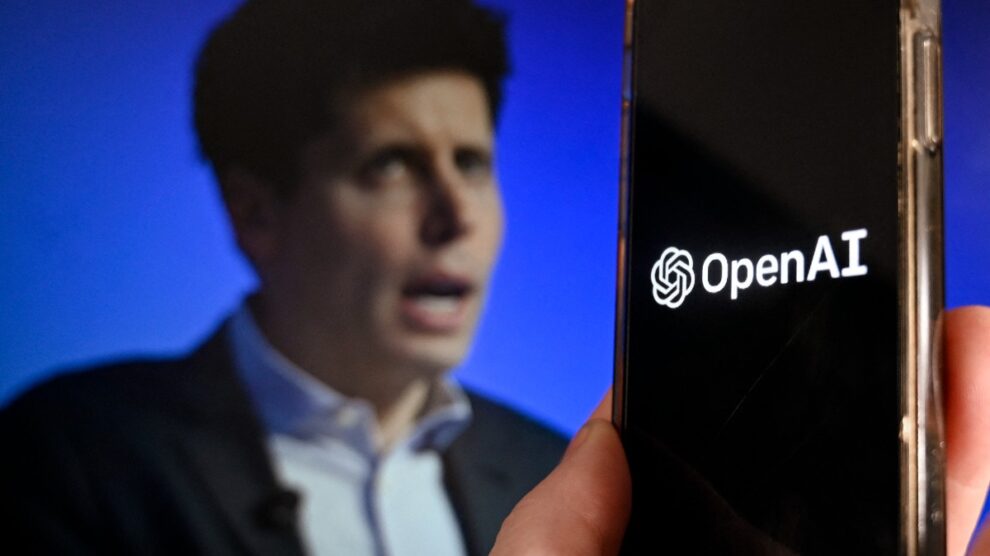Technology advancements accelerate human progress when guided ethically. But reckless application risks unintended consequences. Let’s examine controversies from this week’s tech news illuminating emerging innovation challenges. OpenAI made waves this week debuting its Sora artificial intelligence system capable generating video so realistic that some experts warn only insiders can discern fakes currently.
Unlike predecessors merely recycling and stitching existing clips, Sora renders fully animated 3D scenes after digesting text prompts seeking video descriptions.
Responses stay grounded obeying intrinsic physics and continuity logic. For example, characters can’t teleport arbitrarily and lighting remains consistent.
Mass Disinformation and Unemployment Risks
Such exponential improvements towards creating photoreal digital content from scratch carries unintended societal risks, however.
Without protective countermeasures, doctored videos could fuel dangerous mass disinformation eroding public trust while AI automation jeopardizes creative industry jobs.
Addressing ethical hazards proactively remains imperative ensuring generative video models benefit rather than destabilize society.

Dating App Matching by Credit Score Sparks Outrage
A recently launched dating app named Lovestruck sparked intense debate this week over its core matching methodology.
Specifically, Lovestruck prioritizes romantic profile suggestions based primarily upon user credit scores retrieved via authorized report data access.
The founders defend this approach arguing financial responsibility correlates to relationship success chances.
But critics counter that filtering dating pools by credit score propagates classist discrimination against those coping with monetary struggles.
Regardless where one stands ideologically, the controversy illustrates technology’s increasing propensity pervading intimate realms once considered mutually exclusive from data-driven algorithms.
Should Personal Finance and Romance Intersect?
Supporters believe integrating financial calculations empowers smarter romantic decisions optimized upon shared fiscal objectives.
Skeptics contend no single numeric metric accurately reflects multi-dimensional human complexities that determine compatibility.
At minimum, consumers deserve full transparency regarding exactly how these sensitive personal elements get weighed by proprietary software. Ethics demand no less when technology mediates affairs of the heart.
Tesla Pulls Tone-Deaf “Safety Score” Ad Glamorizing Recklessness
In a marketing misstep, Tesla introduced but swiftly withdrew a controversial recent advertisement praising its Safety Score program featuring alarmingly reckless driving.
The since deleted video depicted fast acceleration towards pedestrians and blatant traffic violations while boasting how Safety Score incentives promote accountability.
In theory, gamifying behavioral change helps increase conscientiousness. However, critics admonished brazenly celebrating irresponsibility by a company pledging automated vehicle safety leadership.
Missed Opportunity Advocating Responsibility
Tesla apologized and backpedaled faster than its cars accelerate. But the incident represents a missed opportunity advocating safe practices while showcasing technology innovations.
Hopefully other automotive brands learn from this debacle prioritizing prudent messaging alongside rightfully highlighting more advanced vehicle safety capabilities.
Because public skepticism already accompanies promising but misunderstood transformational mobility tech advances without questionable PR judgments stoking fears further.










Add Comment